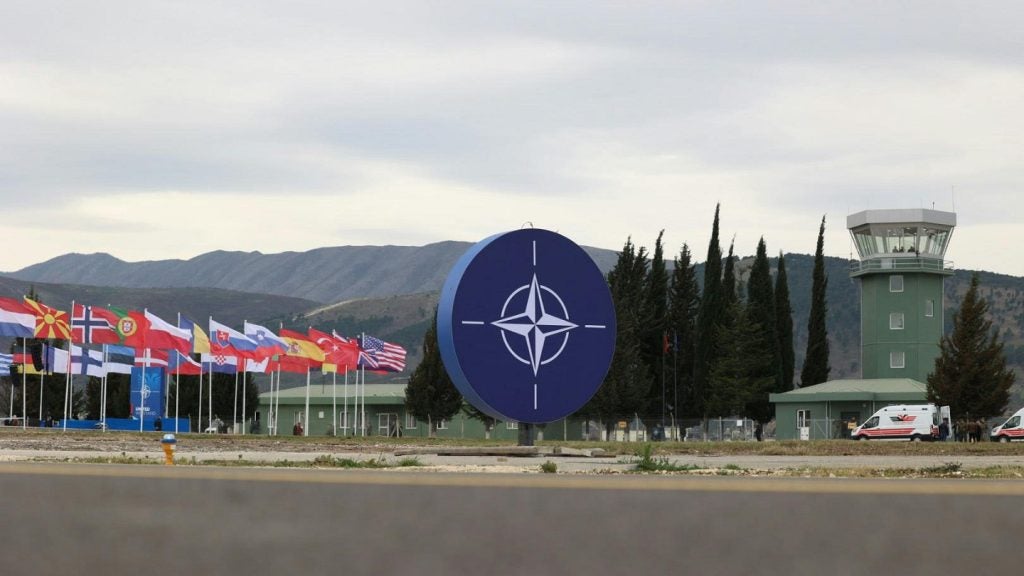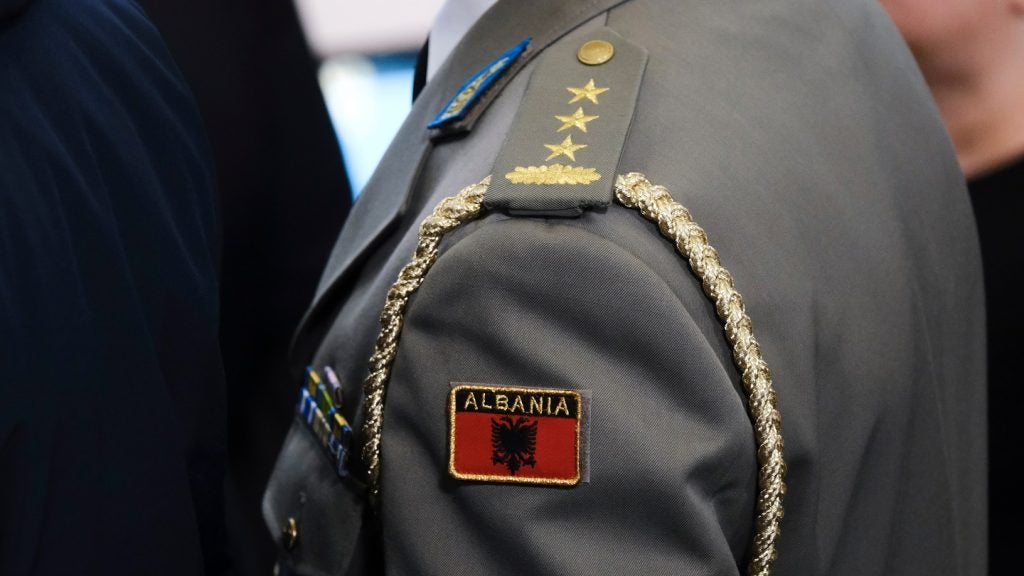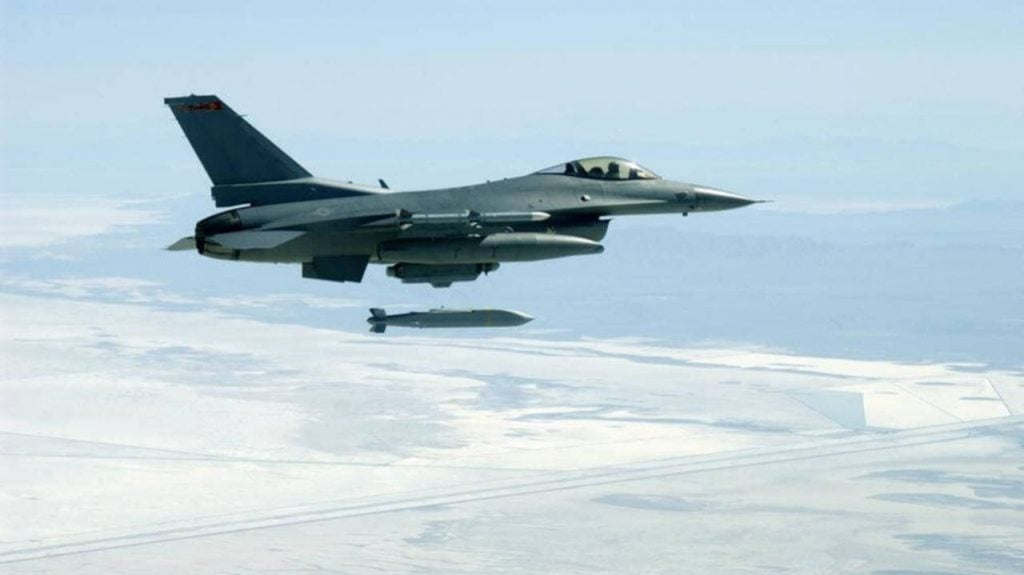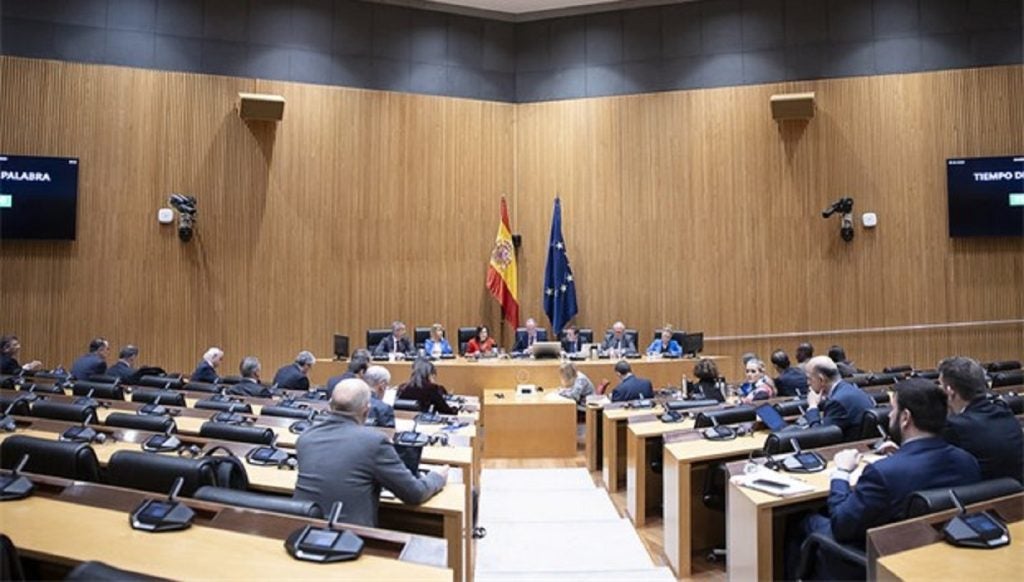Albania is expected to nearly double its defence spending over the next five years, with a projected $2.2bn commitment from 2025-2029, as the country looks to develop its military capabilities in light of a changing global threat environment.
According to GlobalData’s ‘Albania Defense Market 2024-2029 report’, after a long period of stagnation and slight decline, Albania’s defence budget has begun seeing an increase, beginning in 2022, rising significantly after 2023, and continuously growing from $346.5m in 2024 to an estimated $512.8m by 2029, at a compound annual growth rate of 7.69%.
The cumulative spend from 2025–29 is projected at $2.2bn, nearly doubling the cumulative 2020–24 spend of $1.4bn.
Despite being a member of NATO since 2009, Albania did not pass legislation in its parliament to meet its 2% of GDP spending goal until 2024, the GlobalData report states. Assessments of its budget indicates it will exceed this target and reach 2.5% GDP by 2029.
Analysis of Albania’s spending pattern indicates that while budgets were increasing prior to Russia’s invasion of Ukraine in February 2022, Moscow’s invasion of its neighbour look to have been a catalyst for further investment into defence. Among platforms being acquired are Turkish TB2 drone, capable of conducting ISR and strike operations, as well as UH-60 Black Hawk helicopters.
According to GlobalData’s inventory of Albanian military assets, the country has no fixed-wing aviation assets, with its Air Force consisting of 23 helicopters of various types, mainly transport. The Albanian Navy has four lightly armed STAN 4207 patrol vessels supplied by Damen and numerous other littoral patrol craft.
The Albanian Army is the most well-equipped and sizeable of its military, featuring the Soviet-era BMP-1/BMP-2 infantry fighting vehicles and Type-59 main battle tank. Western systems include around 250 HMMWV 4x4 tactical vehicles and 37 MaxxPro MRAPs supplied by the US, as well as UK Land Rover Defenders built under license in Türkiye.
Albania’s defence spending benefiting Nato
Other factors influencing Albania’s defence spending increase include the country’s desire to continue to participate in multilateral peacekeeping and security operations, such as the UN mission in North Africa, Nato’s KFOR stabilization force in Kosovo, as well as regeneration of existing military infrastructure to enable Nato partner usage.

In March 2024 Albania officially re-opened Kuçova airbase after transforming the decades-old base into a hub for Nato air operations. Located around 80km south of Tirana, Kuçova airbase will serve Albania and support Alliance logistics, air operations, training and exercises, which was supported by Nato with a €50m funding commitment.
In a 4 March release, Nato stated that the Kuçova base was the Allaince’s biggest project in Albania in the last decade. Renovation work began with a ground-breaking ceremony in 2019 and includes upgrades and renovations to the control tower, runways, hangars, and storage facilities.











